In today’s fast-paced world, businesses are constantly looking for ways to streamline their operations and improve efficiency. One area where this is especially important is in the booking process. Whether you’re a hotel owner, a tour operator, or a service provider, having an effective booking system in place can make a world of difference in your bottom line.
But when it comes to choosing between an automated booking system and a manual one, how do you know which is the right choice for your business? Let’s take a look at the pros and cons of each to help you make an informed decision.
Automated Booking Systems:
Pros:
1. Saves time and resources: One of the biggest advantages of an automated booking system is that it can save you a significant amount of time and resources. With an automated system in place, customers can book appointments or services online without the need for manual intervention. This means less time spent on administrative tasks and more time focused on growing your business.
2. Increased accuracy: Automated booking systems are less prone to human error, which can help reduce double bookings and scheduling conflicts. This can help improve customer satisfaction and retention rates.
3. Improved customer experience: Customers today expect convenience and efficiency when booking services. An automated booking system can provide a seamless and user-friendly experience, making it easier for customers to book appointments and services on their own terms.
4. Analytics and reporting: Many automated booking systems come with built-in analytics and reporting tools that can help you track important metrics such as booking trends, peak times, and customer preferences. This data can be invaluable in making informed business decisions and improving your overall operations.
Cons:
1. Upfront cost: Implementing an automated booking system can be costly, especially for small businesses with limited resources. You’ll need to invest in the right software, hardware, and training to ensure a smooth transition.
2. Lack of personal touch: Some customers may prefer a more personal touch when booking services, which can be lacking in an automated system. Building relationships with customers through manual bookings can sometimes lead to higher customer satisfaction and loyalty.
3. Technical issues: Like any technology, automated booking systems can sometimes experience glitches or downtime, which can disrupt business operations and lead to frustrated customers.
4. Limited customizability: While many automated booking systems offer a range of features and functionalities, they may not always be fully customizable to your specific business needs. This can be a disadvantage if you require more flexibility in your booking process.
Manual Booking Systems:
Pros:
1. Personalized service: With a manual booking system, you have the opportunity to build relationships with your customers through direct interactions. This can help create a more personalized and memorable experience for your customers, leading to increased loyalty and word-of-mouth referrals.
2. Flexibility: Manual booking systems can be more flexible and adaptable to changes in your business needs. You have the ability to make last-minute adjustments or accommodations for special requests without being constrained by automated processes.
3. Lower upfront costs: Unlike automated booking systems, manual systems typically require less investment upfront. You can start with a simple pen-and-paper or spreadsheet system and gradually scale up as your business grows.
4. Human touch: Some customers may appreciate the human touch that comes with manual bookings. Being able to speak directly with a real person can help build trust and rapport, especially in industries where trust is crucial.
Cons:
1. Time-consuming: Manual booking systems can be time-consuming and labor-intensive, especially as your business grows. Managing bookings, cancellations, and rescheduling manually can be a drain on resources.
2. Increased risk of errors: With manual bookings, there is a higher risk of human error, such as double bookings or scheduling conflicts. This can lead to a poor customer experience and negative reviews.
3. Limited scalability: As your business expands, manual booking systems may become inefficient and difficult to manage. You may need to invest in additional resources or switch to an automated system to keep up with demand.
4. Lack of analytics: Manual booking systems often lack the analytics and reporting capabilities of automated systems, making it harder to track important metrics and make data-driven decisions.
In conclusion, both automated and manual booking systems have their own set of pros and cons, and the right choice for your business will depend on your specific needs and priorities. If you value efficiency, accuracy, and scalability, an automated booking system may be the way to go. However, if you prefer a more personalized touch and flexibility, a manual system could be the better option.
At Ivah.io, we understand the importance of finding the right booking system for your business. Whether you choose to go automated or stick with a manual system, we’re here to support you every step of the way. Stay tuned for more insightful blogs on business efficiencies and practical applications, written by experts like Leo Carvalho. Keep reading and stay informed with Ivah.io!

